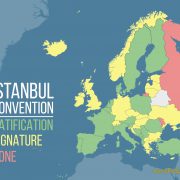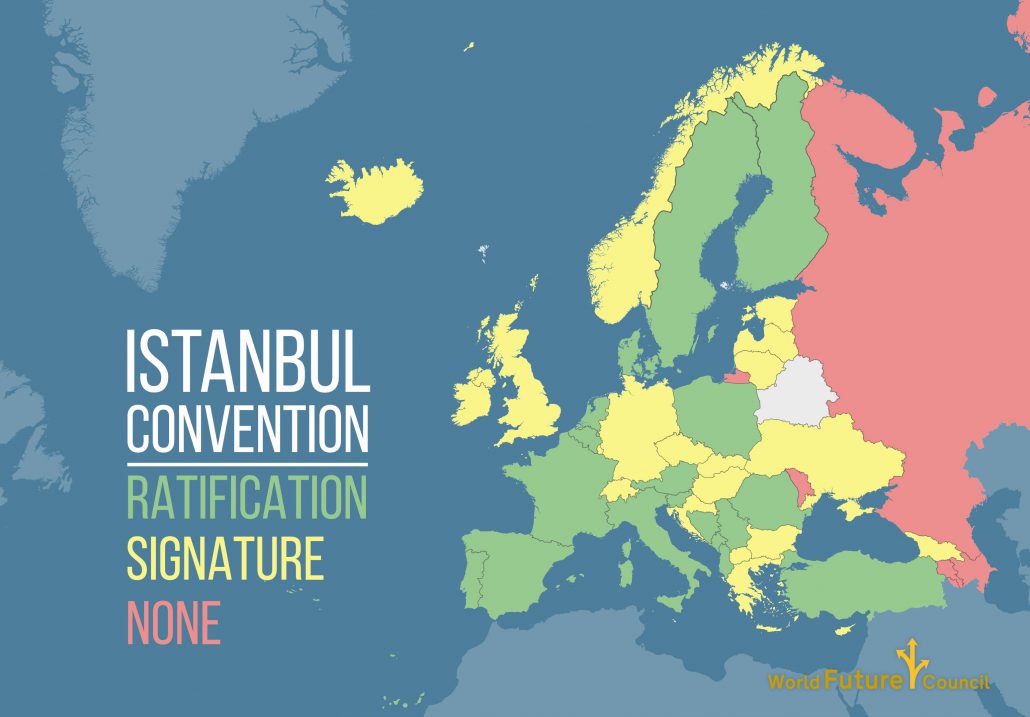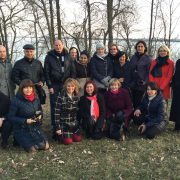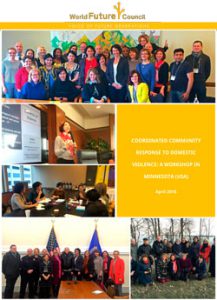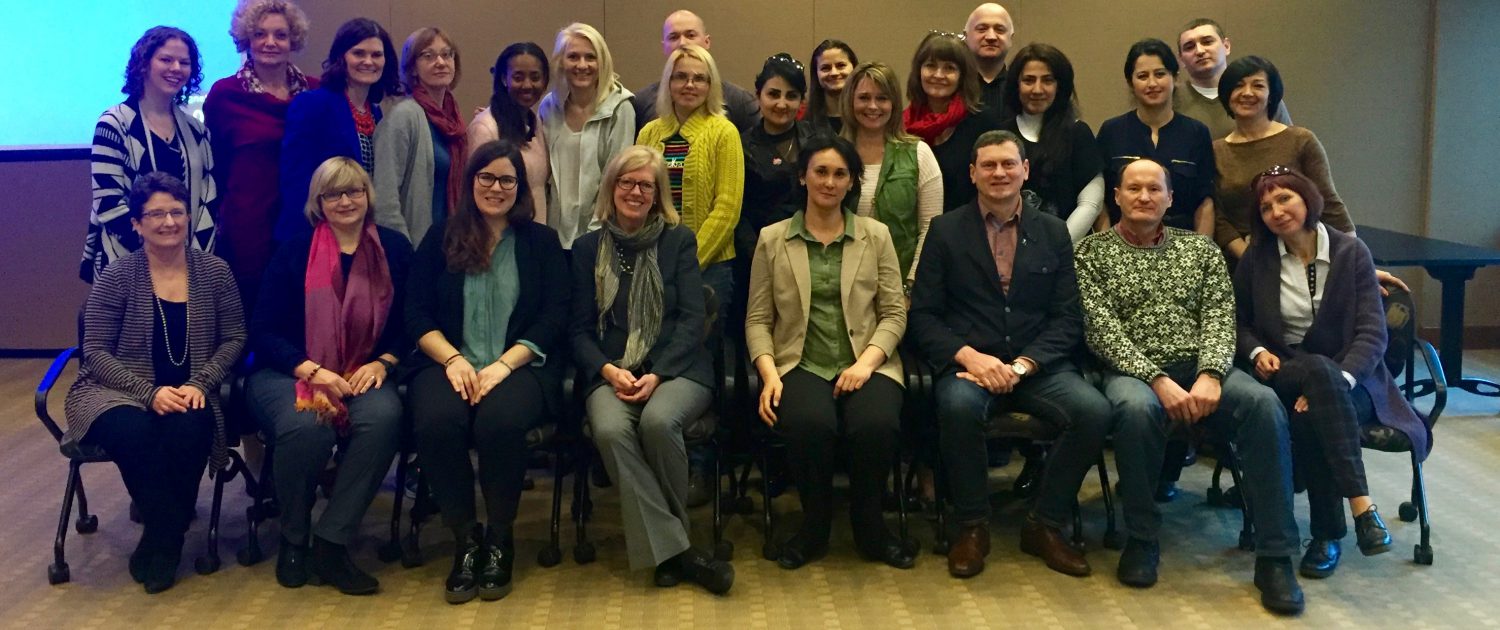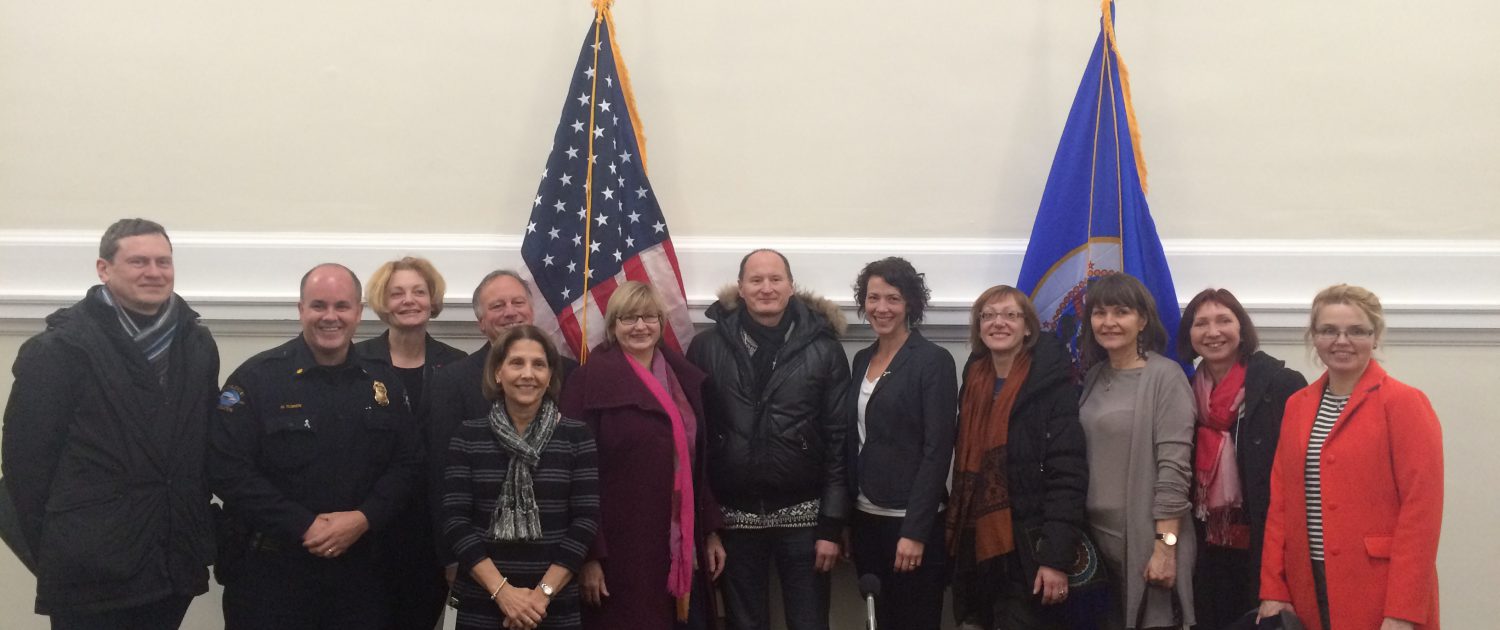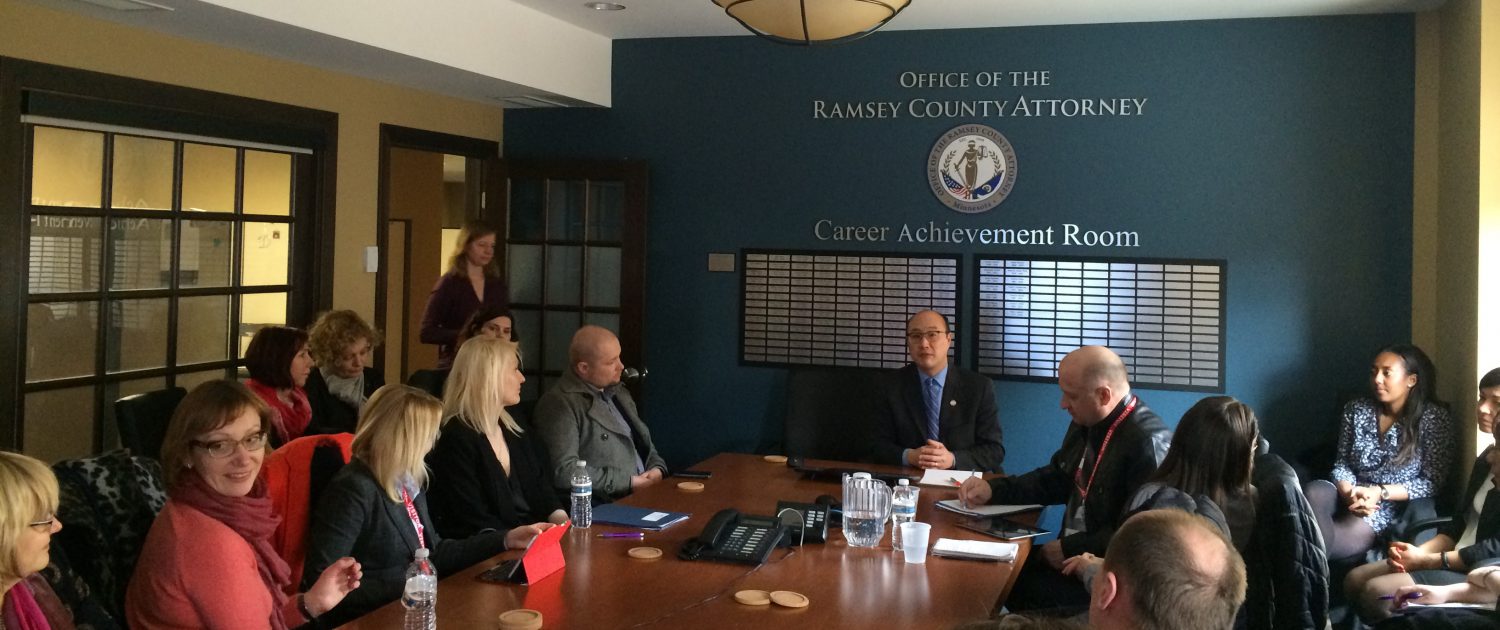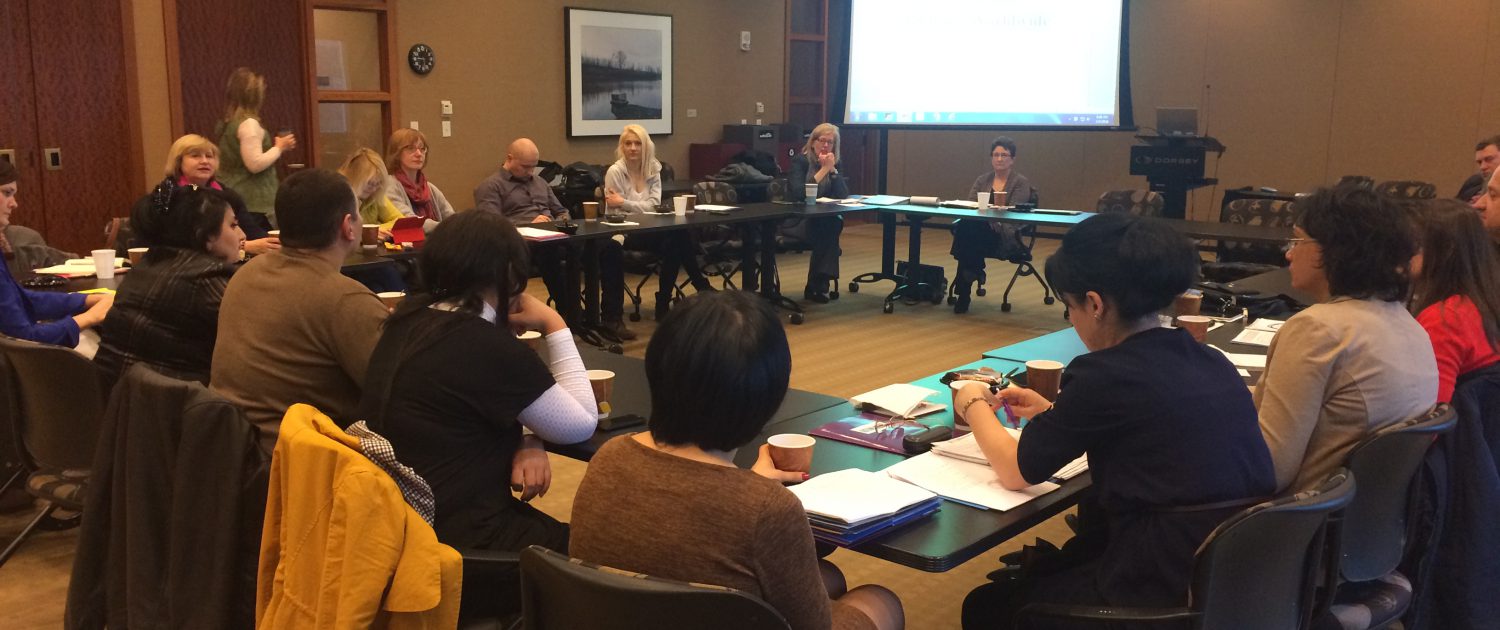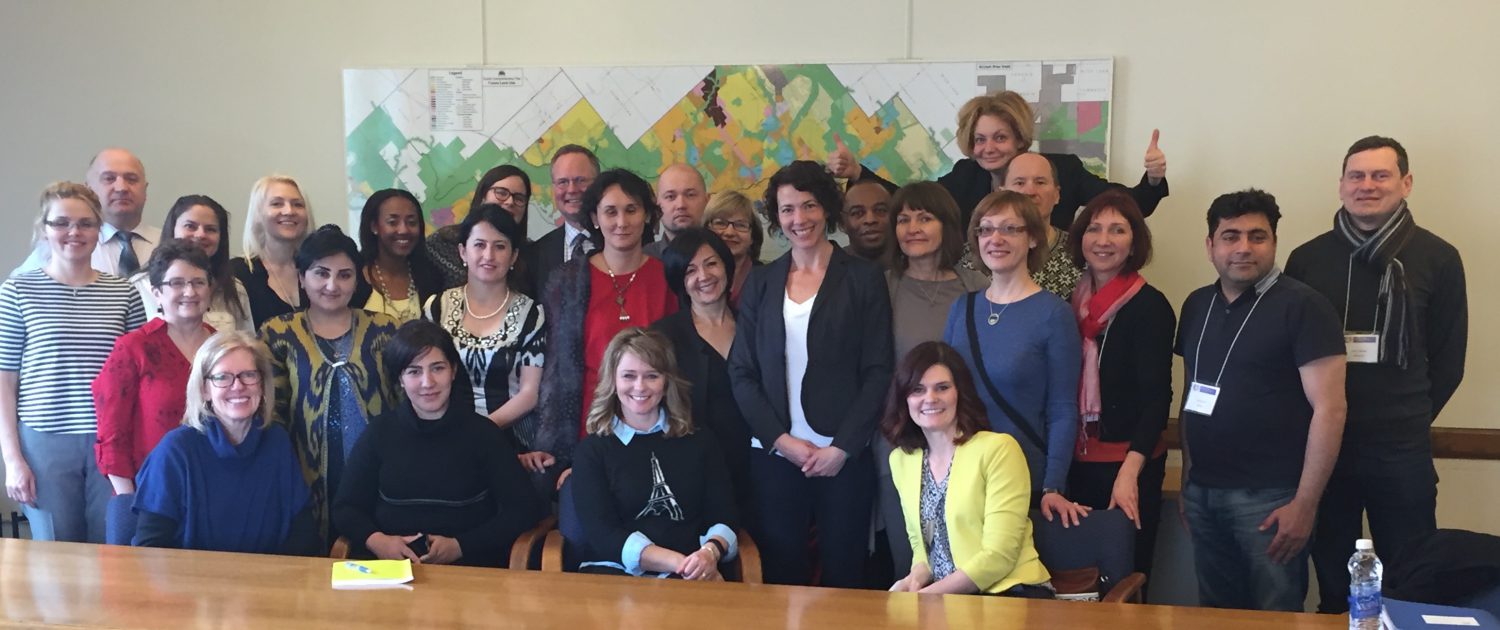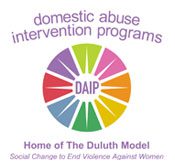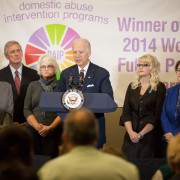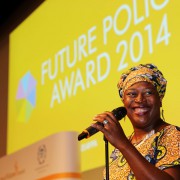Zanzibar Declaration on Securing Children’s Rights
At the International Child Rights Conference in Zanzibar on sharing best practice and policy on child protection, justice and participation, convened by the World Future Council with the support of Ministry of Labour Empowerment Elders Youth Women and Children of the Revolutionary Government of Zanzibar;
We, representatives, nominated by our ministries, and policymakers from Ghana, Indonesia, Liberia, Nigeria, Seychelles, Somaliland, South Africa, South Sudan, Sudan, Tanzania, Tunisia, Zanzibar and experts on children’s rights and representatives from civil society;
Acknowledging the commitment of the Sustainable Development Goals (SDGs) to end all forms of violence against girls and boys by 2030 (especially SDG 5 and 16), and to promote participation of children;
Recognising successful and exemplary policies and programmes in Africa and Asia; for example, Zanzibar’s Children’s Act 2011 that was highlighted by the Future Policy Award 2015 initiated by the World Future Council in cooperation with UNICEF and the Inter-Parliamentary-Union;
Further recognising that countries have ratified the UN-Convention on the Rights of Child and the African Charter on the Rights and Welfare of the Child;
Emphasising the urgent need to harmonise laws and policies in accordance with internationally and regionally agreed instruments, that there is an urgent need to act on a community, local and national level to introduce and scale up successful experiences and best practices to end all forms of violence against girls and boys;
Commit to:
Take back to our countries, policies and programme ideas, and successful experiences discussed at the International Child Rights Conference in Zanzibar.
Build support for these in our national and local governments and with our parliamentarians, local leaders, families, civil society organisations, and media.
Protect and parent children positively; putting children’s best interests at the centre of decisions that affect them.
Address gender inequality by taking a holistic and lifelong approach to the elimination of violence against women and children.
Take action to eradicate all forms of violence against children, through raising awareness and sensitization about violence against girls and boys, harmful practices (e.g. child marriage) and corporal punishment in all settings.
Strengthen formal and informal child protection systems on all levels with a strong focus on prevention programmes (including family preservation, the involvement of fathers and male caregivers), and to advocate for quality training of social workers, the implementation of disaggregated data management systems (CPMIS), effective case management as well as reporting and evaluation mechanisms.
Lobby and advocate governments to increase their budgets for children, and develop innovative mechanisms for financing child protection services.
Facilitate effective implementation of local and national programs, policies and National Plans of Action, on child protection and participation, as part of national strategies to effectively tackle child abuse, neglect and exploitation.
Promote the harmonization of national, religious and customary laws so that they advance the ACRWC and the UNCRC and protect the best interests of the child.
Zanzibar, 30 November 2017
Signatories
Andi Taletting Langi, Deputy Director for Human Rights Foreign Affairs Cooperation Directorate General of Human Rights Ministry of Law and Human Rights of the Republic of Indonesia, Indonesia
Edmund Amarkwe Foley, Head of Department for Public Law, GIMPA Faculty of Law, Ghana
Christopher Lartey, Senior Programme Officer, National Advisory Committee on Child Protection Policies and Law Reform, Ghana
Dr Nkatha Murungi, Head Children and Law Programme, African Child Policy Forum
Victoria Williams Zaway, Director of Children Protection and Development Division, Ministry of Gender, Children and Social Protection, Liberia
Mariam Fitumi Shaibu, Chief Social Welfare Officer, Federal Ministry of Women Affairs and Social Development, Child Development Department, Nigeria
Sylvette Sandra Jeannine Gertrude, Director Social Services, Ministry of Family Affairs, Social Affairs Department, Social Services Division, Seychelles
Chantal Cadeau, Principal Social Work, Ministry for Social Affairs, Seychelles
Khadra Ali Abdi, Head of Child Protection Unit of the Ministry of Labour and Social Affairs, Somaliland
Abdulaziiz Saed Salah, Executive Director, Youth Volunteers for Development and Environment Conservation (YOVENCO), Somaliland
Shabhan Abdillahi Elmi, YOVENCO, Somaliland
Mohamed Aden Nur, CP/ CRG Officer, Save the Children, Somaliland
Kinsi Farah Aden, Project Manager, Save the Children, Somaliland
Suzan Akwii CP/CRG Technical Specialist, Save the Children, Somaliland
Mohamoud M. Aqli, CP/CRG Programme Manager, Save the Children, Somaliland
Abdikarim M. Yussef, CP Officer, Save the Children, Somaliland
Bongani Sithole, Department of Social Development, South Africa
Sonia Vohito, Africa Project Coordinator, The Global Initiative to End All Corporal Punishment of Children, South Africa
Celina Grace Peter Kenyi, Director for Child Welfare, Ministry of Gender, Child and Social Welfare, South Sudan
Salma Radwan Salmeen Saeed, Head of the Child, Women and Persons with disabilities Section, Ministry of Justice, Sudan
Yassir Shalabi Mohamed, Executive Director, Child Rights Institute, Sudan
Dr Katanta Lazarus Simwanza, Head of Gender, ASRHR and Inclusion, Plan International, Tanzania
Asma Matoussi Hidri, Early Childhood Director, Ministry of Family Women and Childhood, Tunisia
Fatma Bilal, Principal Secretary, Ministry of Labour, Empowerment, Elders, Youth, Women and Children, Zanzibar
Khadija Bakari Juma, Principal Secretary, Ministry of Education and Vocational Training, Zanzibar
Nasima Chum, Director Dept. of Women and Children Development, Ministry of Labour, Empowerment, Elders, Youth, Women and Children, Zanzibar
Mhaza Gharib, Director Dept. of Social Welfare, Ministry of Labour, Empowerment, Elders, Youth, Women and Children, Zanzibar
I M. Ibrahim, Director of Public Prosecutions, Zanzibar
Didas Khalfan, Ministry of Labour, Empowerment, Elders, Youth, Women and Children, Zanzibar
Hon. Sabra Mohamed, Chairperson at Children’s Court, Zanzibar
Hon. Valentina Andrew Katema, Regional Magistrate, Zanzibar
Dr Issa Ziddy, State University of Zanzibar
Sheikh Daud Khamis Salim, Appellate Khadi’s Court, Pemba, Zanzibar
Abdallah Ahmed Suleman, Executive Secretary, Tanzania Youth Icon [TAYI], Zanzibar.
Mali Nilsson, Zanzibar Representative, Save the Children
Shane Keenan, Child Protection Specialist, Zanzibar Field Office ,UNICEF
Nasria Saleh Hamid, Zanzibar Social Work Association, Zanzibar Child Rights Centre
Mussa Kombo Mussa, Chairman of the Zanzibar Children’s Rights Network
Nuru Mwalim Khamis, Vice Chairperson of the Zanzibar Social Worker Association (ZASWA), Zanzibar Child Rights Centre
Kauthar Kassim S. Dadi, Zanzibar Social Work Association, Zanzibar Child Rights Centre
Nunuu Ali, Zanzibar Child Rights Forum/Society for the Protection of Women and Children Rights and Development Pemba
Hasina Salim Bukheti, Zanzibar Child Right Forum (ZCRF), Vice Chairperson/ member of executive committee of Zanzibar Association for Children Advancement (ZACA).
Seif Zanzibar, Child Rights Centre
Dr Auma Obama, Founder and Chair Sauti Kuu Foundation, Chair of the Expert Commission on the Rights of Children, World Future Council
Hon. Dr Amb. Gertrude Ibengwé Mongella – Former President of the Pan-African Parliament, Honorary Councillor World Future Council
Alexandra Wandel, Director, World Future Council
Samia Kassid, Senior Project Manager – Rights of Children, World Future Council
Alistair Whitby, Senior Policy Officer – The Rights of Children, Future Justice, World Future Council
Dr Kate McAlpine, Doing the Right Thing.
Tia Egglestone, Consultant, World Future Council
Heather O’Dea, Consultant, World Future Council
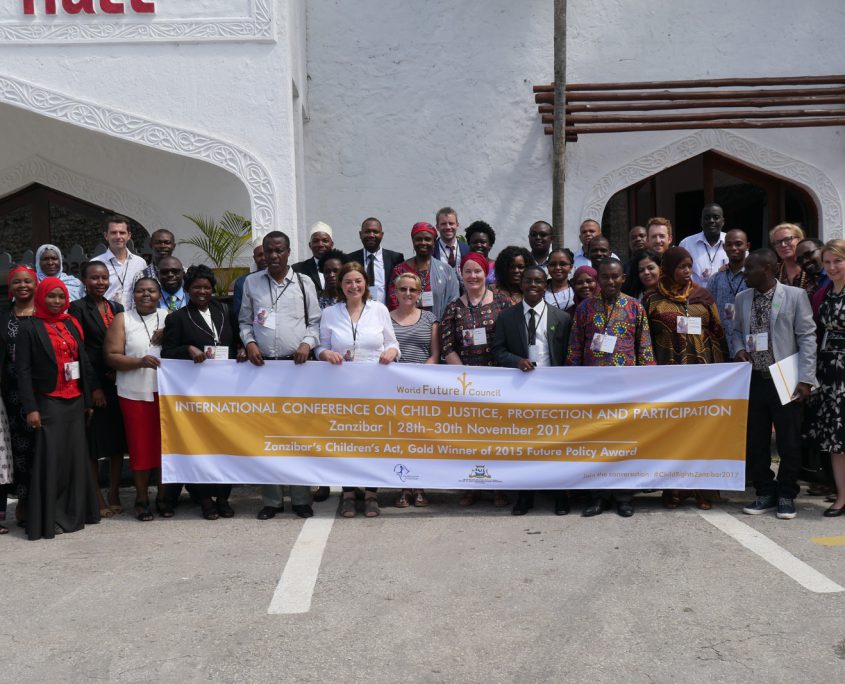
Participants from across Africa and Asia joined the International Conference on Child Justice, Protection and Participation
Media Contact
World Future Council
Miriam Petersen
Media & Communications Manager
miriam.petersen@worldfuturecouncil.org
Phone: +49 40 30 70 914-19
